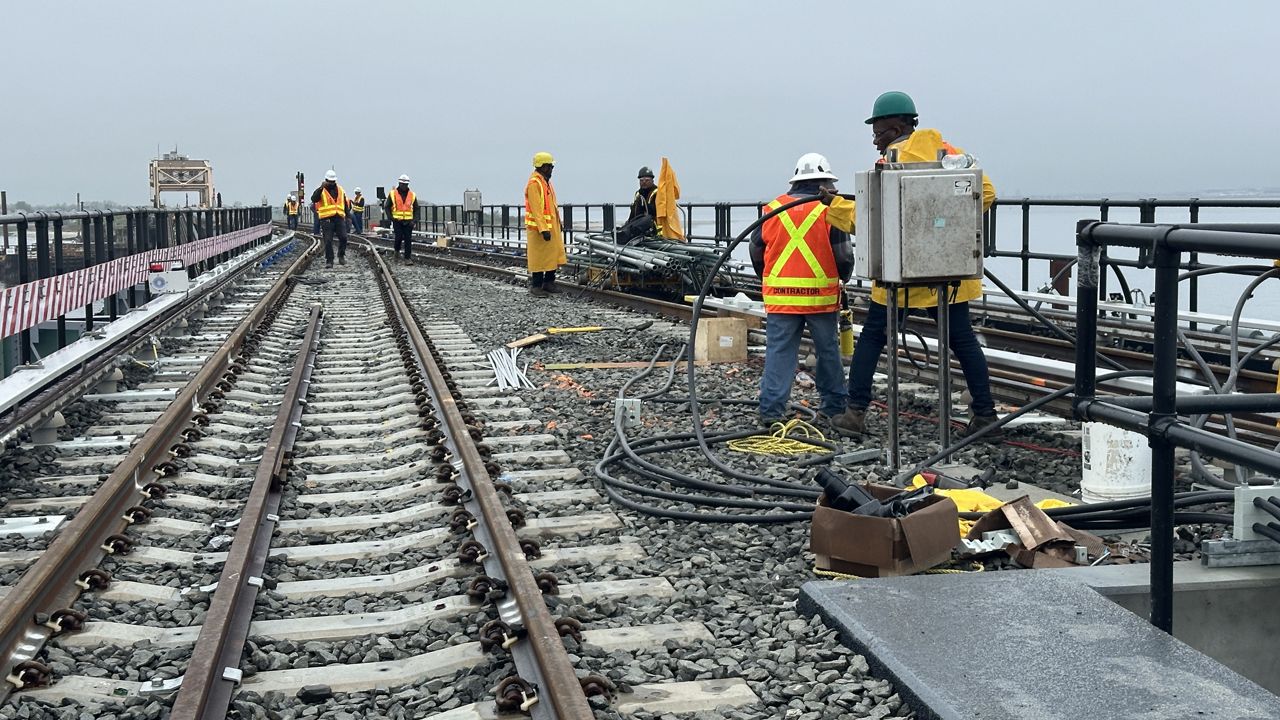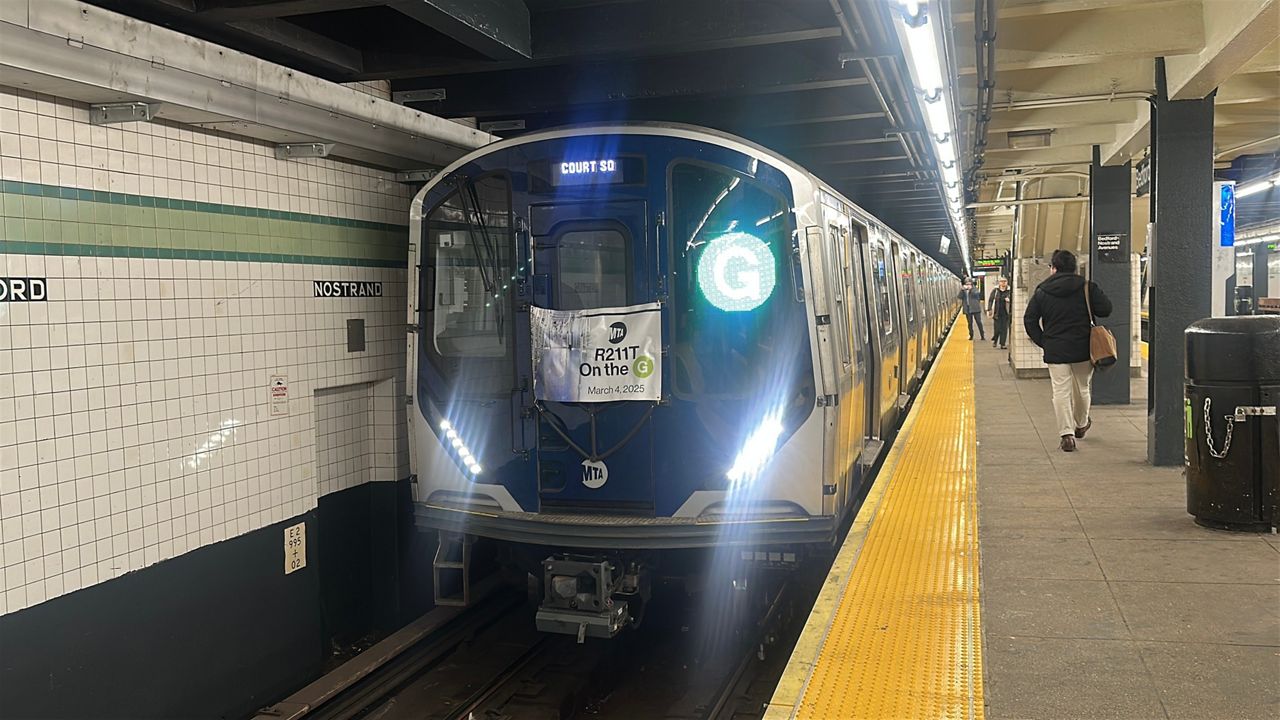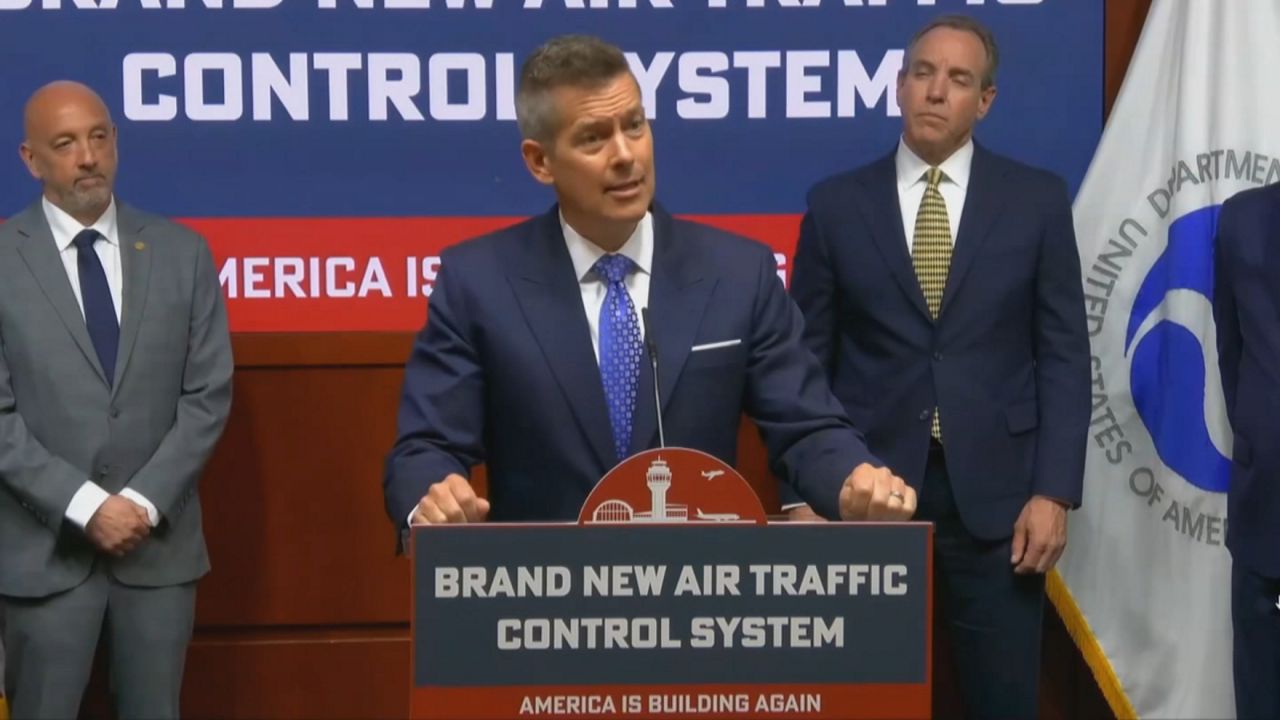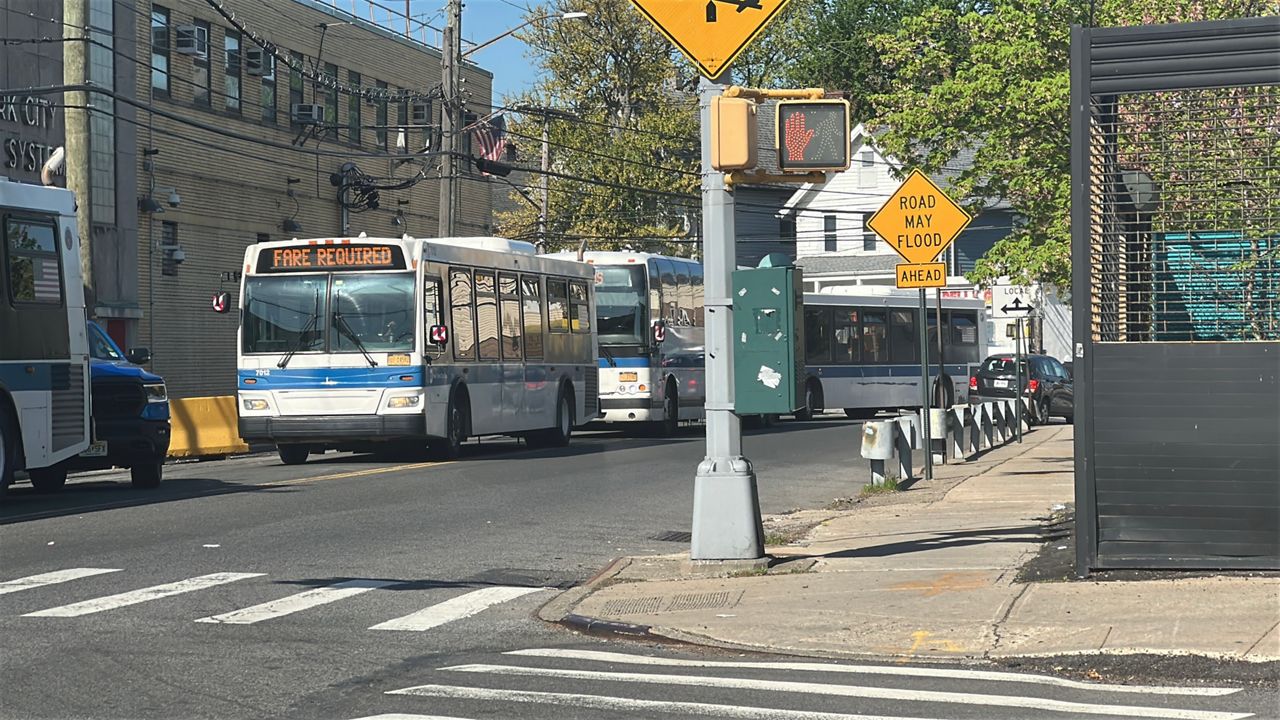Like so many other cabbies who can no longer afford their loan payments, Dalip Singh lost his taxi medallion. Unlike many of them, he's on the verge of losing his family's home.
"It was Friday, 10 days ago, afternoon, I come from work, I see the sign," Singh said. "Sixty-six years old, I’m driving every day, taxi, just to make a little money to pay bills."
Singh filed for bankruptcy.
"We don't want it to go on auction we don't want it to be sold this is our home," Bebi Mamood, his wife, said.
Singh bought his medallion for $250,000 in 1998 and kept borrowing money against it, as its valued soared to nearly $1 million.
Then Uber and Lyft moved in, competing for passengers.
"After that, there’s minimum business," Singh said. "You're making $5, $6 an hour."
That left Singh unable to cover his monthly loan payment of $3,200.
Selling the medallion was no longer an option. Its value cratered along with the taxi business.
He filed for Chapter 7 bankruptcy and risks losing his Ozone Park home to pay off his debts, the home where one of his daughters survived cancer, he saw his children off to college and tended to a garden that was the envy of neighbors.
"That’s just a natural talent of my dad, to have this green thumb," said his daughter, Felicia Singh.
Felicia Singh is running for City Council. She posted her father’s story on Twitter to highlight the plight of drivers, like her dad, who need debt relief.
"This space is so symbolic because it was us starting new after a really tragic time with my sister’s cancer," Felicia Singh said. "If we could be a face to remind the city that you've neglected taxi drivers for so many so many years."
Last January, the City Council proposed a cabbie bailout - allowing the city to buy medallion loans like Singh's at a discounted rate, and allowing the medallion owners to pay off what the medallions are now worth - but the plan went nowhere after the pandemic hit.
A spokesman for Mayor Bill de Blasio said the Taxi and Limousine Commission is helping medallion owners renegotiate with their lenders, so far counseling nearly 800 of them.
Singh's not sure what he will do now. He said he cannot see himself sitting at home, wherever it may be, in retirement.
"I want to drive," he said. "This is my job, to work for the city and help the people, moving."









